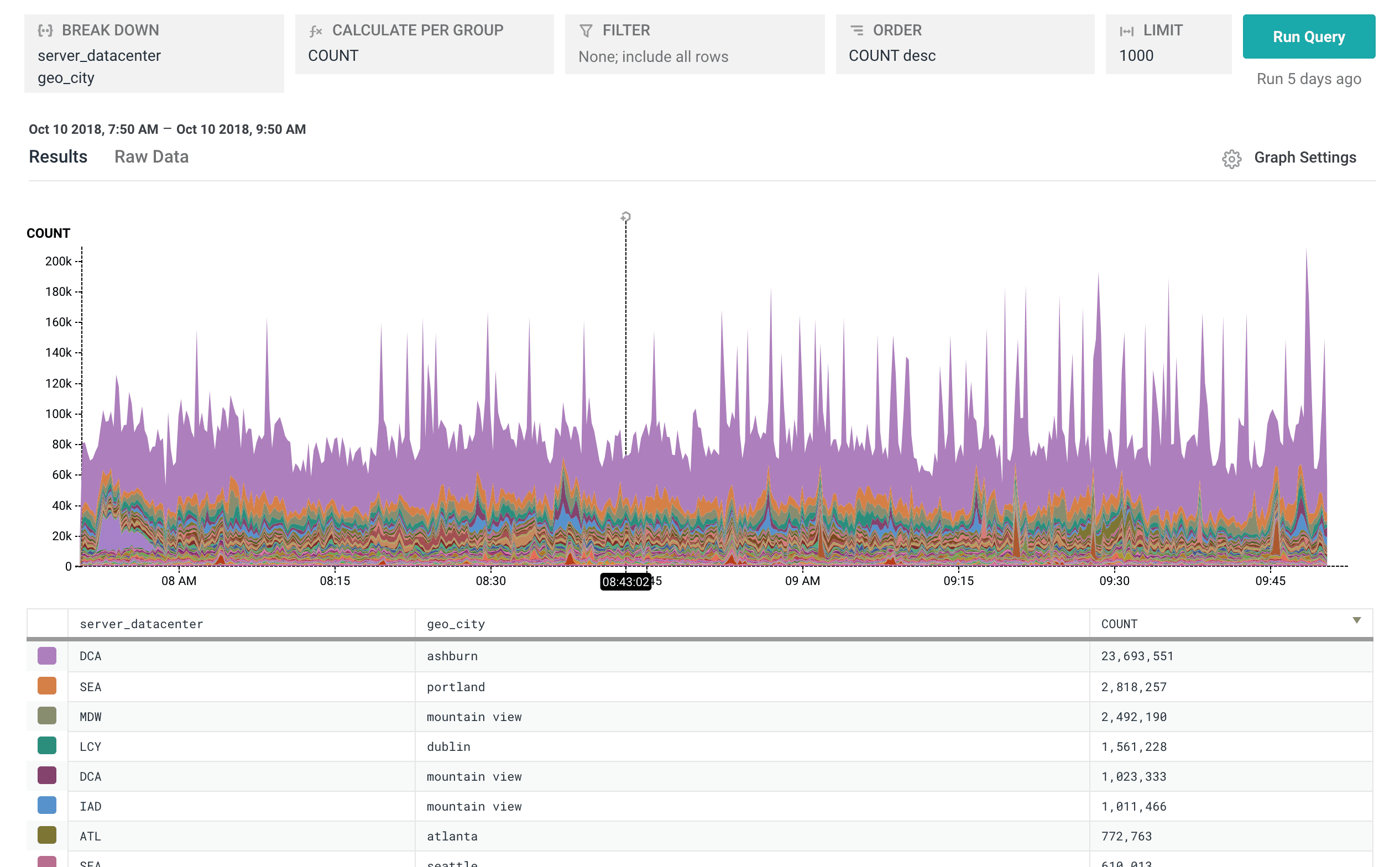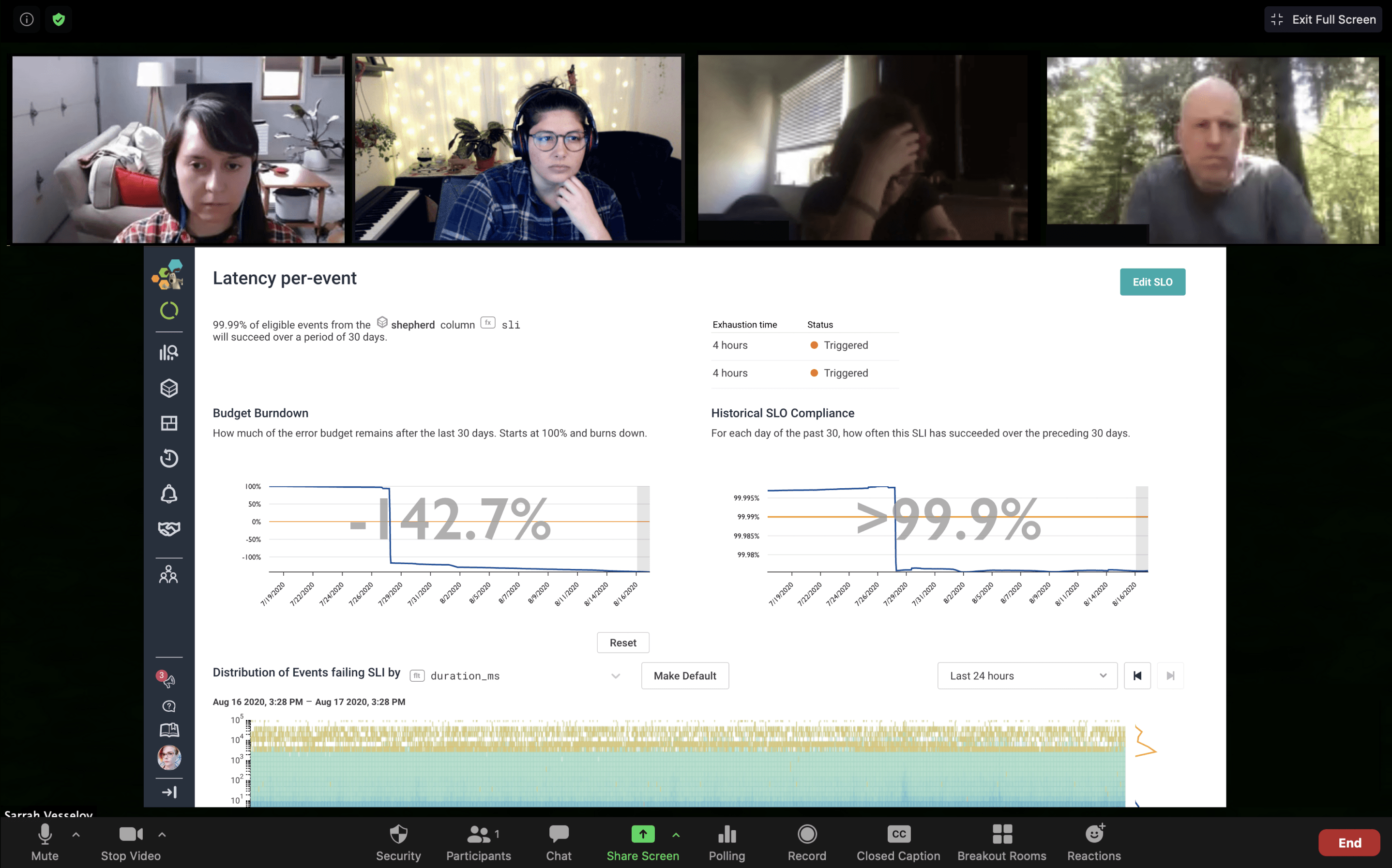Meet the Author

Emily Nakashima
SVP, Engineering
A former manager and engineering leader at multiple developer tools companies including Bugsnag and GitHub, Emily is passionate about building best-in-class, consumer-quality tools for engineers. She has a background in product engineering, performance optimization, client-side monitoring, and design.
Explore Author's Blog

Anything But Tech Debt
Engineers often feel they aren’t allowed enough time to address tech debt. Product partners wonder why engineers spend so much time working on it—or at least talking about it. “The business” always seems to insinuate that engineers should do less of it, instead focusing on shipping value to customers. And despite all this, many engineering leaders worry their teams may actually be under-investing in tech debt, in ways that could negatively impact the business over the long term.

On Becoming a VP of Engineering, Part 2: Doing the Job
Charity once said an off-hand sentence that became a mantra for my transition into the VP of Engineering role: “Directors run the company.” This was said in the context of thinking about how the various management roles around the company interact: line managers run teams and projects, directors run the day-to-day work of the company, and execs (including VPs) focus above all on strategy, external-facing matters, and longer-term planning for the company’s future.

On Becoming a VP of Engineering, Part 1: The Path to VP
In February of 2020, I was promoted from Director of Engineering to Honeycomb’s first VP of Engineering. Although Charity wrote an extremely generous public announcement, I hesitated to talk about this new role for quite a while as I was figuring out the job. But since 2020, I’ve noticed how little candid writing there is about paths to the VPE role or what the job is really like.*

An Engineering Manager’s Bill of Rights (and Responsibilities)
So many of the best and most promising managers I know have left management roles for senior IC roles since 2018, and as someone who has to hire managers, this creates a supply problem for me. Sincerely though, I also observe that a truly staggering number of Honeycomb’s most effective, most admired senior ICs are former managers, and while they seem quite happy and I wouldn’t wish them back to their old roles, the fact that all of these smart, thoughtful, driven, emotionally intelligent people all chose to leave the same high-paying, respectable role must mean something.








